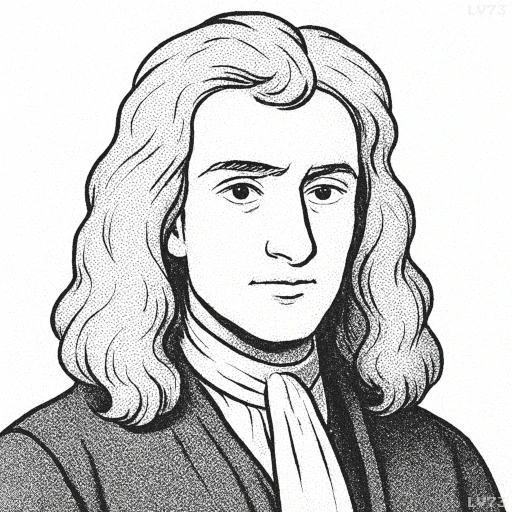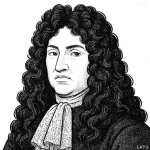“Fidelity and allegiance sworn to the King is only such a fidelity and obedience as is due to him by the law of the land; for were that faith and allegiance more than what the law requires, we would swear ourselves slaves and the King absolute; whereas, by the law, we are free men, notwithstanding those oaths.”

- January 4, 1643 – March 31, 1727
- Born in England (UK)
- Natural philosopher, mathematician, physicist, astronomer, theologian
table of contents
Quote
“Fidelity and allegiance sworn to the King is only such a fidelity and obedience as is due to him by the law of the land; for were that faith and allegiance more than what the law requires, we would swear ourselves slaves and the King absolute; whereas, by the law, we are free men, notwithstanding those oaths.”
Explanation
In this quote, Isaac Newton expresses a nuanced view of allegiance to the King, asserting that the loyalty owed to a monarch is constrained by the laws of the land. Newton argues that swearing an oath of allegiance beyond what is legally required would effectively place individuals in a position of servitude to the King, granting him absolute power. In contrast, Newton emphasizes that under the law, individuals remain free, and their allegiance is bounded by legal frameworks, which prevent the monarch from having unchecked authority. This idea reflects a broader political philosophy that values freedom and law over absolute monarchy, positioning the law as the protector of individual rights and freedom from tyrannical rule.
Newton’s views on law and allegiance were shaped by the political context of 17th-century England, a time when the monarchy was under intense scrutiny following events like the English Civil War and the Glorious Revolution. These events led to a shift in power, with constitutional limits placed on the monarchy, culminating in the Bill of Rights in 1689, which established parliamentary sovereignty. Newton’s words reflect this evolving political climate, where the role of the monarch was increasingly seen as subject to the law, not above it.
In modern times, Newton’s view on fidelity and the law resonates with contemporary ideas of constitutionalism and the rule of law, which assert that the authority of rulers or governments is derived from and constrained by the laws and rights of the people. This concept continues to be foundational in many democratic systems, where the law serves as a safeguard against the abuse of power. Newton’s statement is an early reflection of the importance of constitutional limits on power, influencing later political thinkers and the development of modern ideas about individual freedom and government accountability.
Would you like to share your impressions or related stories about this quote in the comments section?



